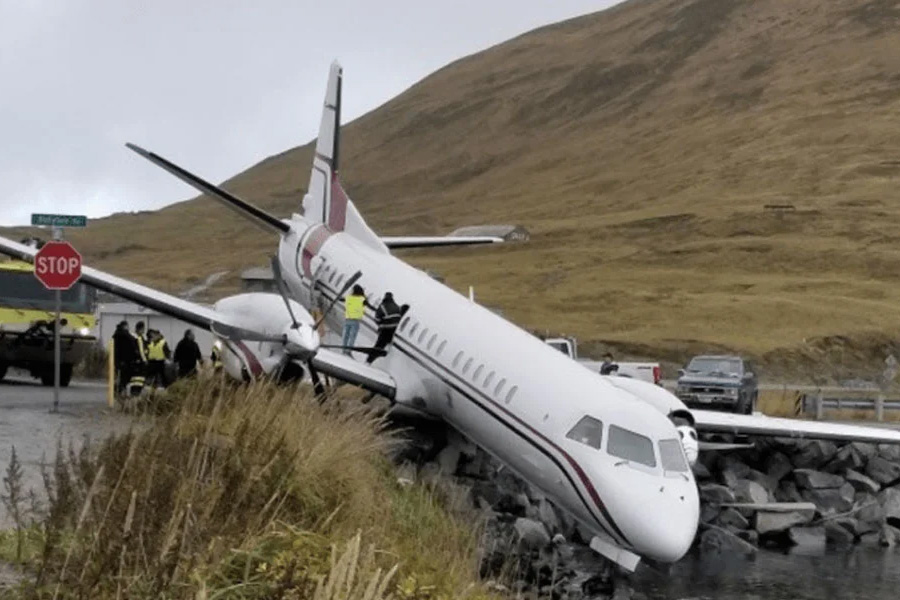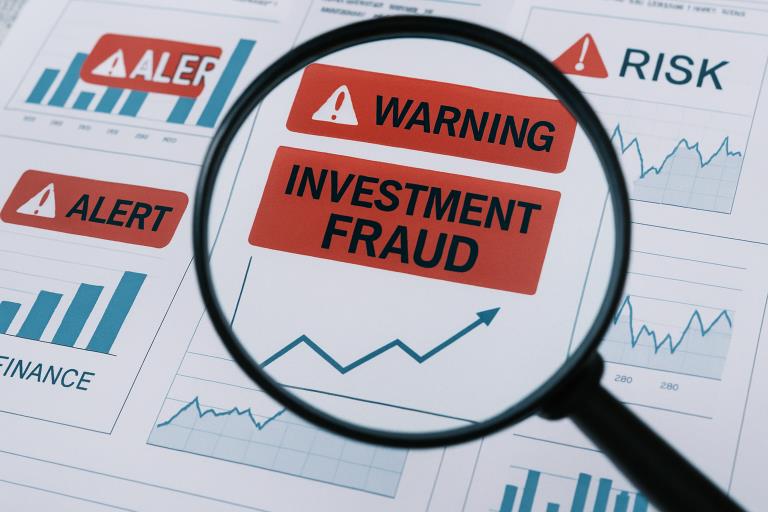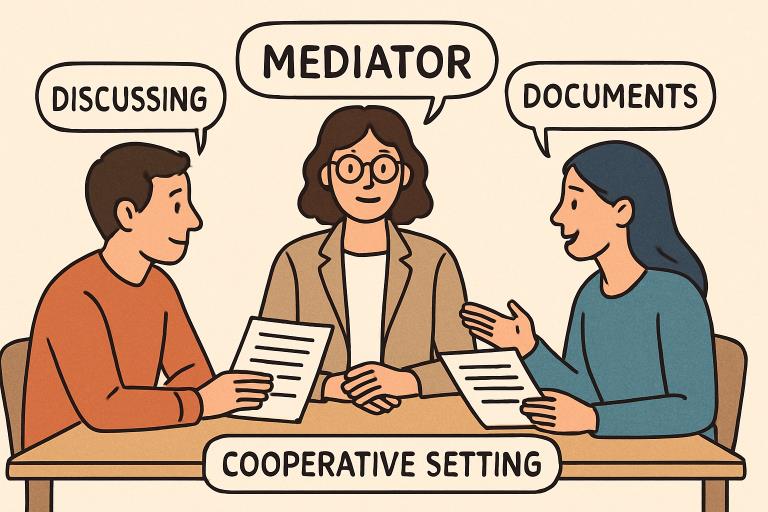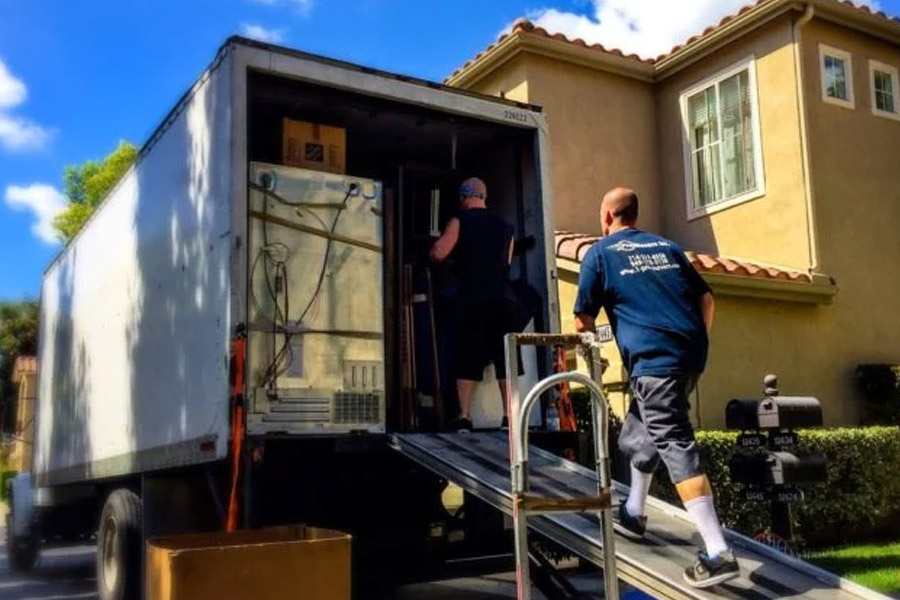Now Reading: Legal Steps to Take After an Aviation Accident in Los Angeles
-
01
Legal Steps to Take After an Aviation Accident in Los Angeles
Legal Steps to Take After an Aviation Accident in Los Angeles

When the world tilts: an opening note
Plane crashes and serious aviation incidents land like thunder — sudden, disorienting, and impossible to ignore. You don’t have to be an expert to know the immediate priorities: safety, health, and clear-headed steps that protect both your well-being and your legal rights. This guide walks through practical, human-centered actions to take after an aviation accident in Los Angeles, written in a warm, cinematic style — the kind of voice that makes legal steps feel less like a cold checklist and more like a steady hand guiding you through fog.
1. Seek medical attention immediately and prioritize safety
First thing: your body and the bodies around you matter more than anything else on paper. Even when injuries seem minor, adrenaline and shock can mask internal problems, so get checked by medical professionals right away. Keep every medical record, prescription, bill, and discharge form — those scraps of paper are often the backbone of any later claim. Short term pain can become long term evidence; treat it both ways.
2. Notify authorities and report the incident
Aviation incidents trigger official investigations — typically from federal agencies and sometimes local law enforcement — and having the event officially logged early helps preserve facts. If investigators ask for statements, stick to what you personally observed; avoid speculation and resist the impulse to assign blame on the spot. Let the technical teams do their work while you make sure your experience is accurately recorded.
3. Capture what you can while memories are fresh
Details fade fast. If it’s safe and possible, take photos and videos, note flight numbers, capture boarding passes, and write down names or phone numbers of witnesses. Those immediate snapshots and quick notes — even a short voice memo — often become decisive pieces of evidence later. Think of them as the raw footage that, with time and context, helps tell the true story of what happened.
4. Preserve documents and receipts
From your boarding pass to the taxi receipt after the crash, every piece of paper tells a part of the narrative. Medical bills, hospital forms, any correspondence from the airline or insurance companies, and receipts for expenses related to the accident should be collected and organized. Create both physical and electronic copies if you can; redundancy reduces the risk that something important disappears when you need it most.
5. Talk to a lawyer before accepting any insurance offers
Claims adjusters and airline representatives may reach out early — sometimes within hours — offering condolences and a quick settlement. That quick payout can look tempting, but signing releases or accepting early offers can foreclose later claims. An experienced aviation accident attorney in Los Angeles can review any communication, explain the risks of a fast signature, and negotiate on your behalf so your rights are preserved while you focus on recovery.
6. Document your injuries, symptoms, and emotional impact
In aviation cases, the visible damage is only part of the story. Keep a symptom diary, list therapy sessions, and record missed work and day-to-day changes in mood, sleep, or ability to perform routine tasks. Emotional and psychological injuries matter; they’re real and they’re compensable, but only if you document them consistently.
7. Communicate carefully with airlines and insurers
You should report facts, not feelings, when speaking with airline reps or insurance adjusters. Decline to sign anything without legal review and avoid wide-ranging social media posts that reconstruct the event in public. Strategic silence is sometimes the smartest move: it preserves your ability to provide measured, accurate testimony later.
8. Understand timelines and legal deadlines
Legal timelines exist for a reason, and missing them can close doors permanently. There are statutes of limitations and reporting windows that vary by circumstance; in some cases, you’ll have months or a few years to act, but the earlier you engage counsel, the easier it is to preserve evidence and interviews. The legal clock isn’t sympathetic to grief, so timeliness protects options.
9. Gather witness information and maintain contact lists
Witnesses often drift away or become harder to locate as time passes. If someone saw what happened, get their contact details, and ask if they’d be willing to provide a statement later. That list of names — combined with photos, timestamps, and any public reports — becomes a map investigators and lawyers can follow.
10. Take care of your emotional health and find support
The legal steps are vital, but so is emotional survival. Trauma after aviation accidents can manifest in many ways: insomnia, anxiety, flashbacks, and a brittle sense of safety. Therapy, support groups, and talking with people who understand aviation trauma can anchor you while the legal work proceeds. Healing and justice can run in parallel; neither should be rushed.
11. How an aviation accident lawyer helps
A good attorney does more than file paperwork: they assemble experts, preserve evidence, interview witnesses, handle communications with airlines and investigators, and calculate both tangible and intangible losses. They translate legal complexity into a straightforward plan you can understand, so decisions are made with clarity, not confusion. Put simply, they let you focus on getting better while they fight for accountability.
FAQ
What should I do first after an aviation accident?
Seek immediate medical care, ensure your safety, and report the incident to the proper authorities while preserving any medical documentation and receipts.
Do I need to talk to the airline’s representatives right away?
You should provide factual information, but avoid signing releases or accepting settlements without first speaking to a lawyer.
What kinds of evidence are most important?
Medical records, photos and videos, witness contact information, flight details, and any correspondence with airlines or insurers are typically most useful.
How long do I have to file a claim?
Timelines vary by case, but legal deadlines exist and acting sooner gives you a better chance to preserve evidence and legal options.
Will an attorney handle the investigation for me?
Yes; an aviation accident lawyer can coordinate expert witnesses, collect evidence, and manage communications with agencies and insurers on your behalf.
What kinds of damages can I pursue after an aviation accident?
You may pursue medical costs, lost wages, pain and suffering, and other compensatory damages depending on the specifics of your injuries and losses.





















